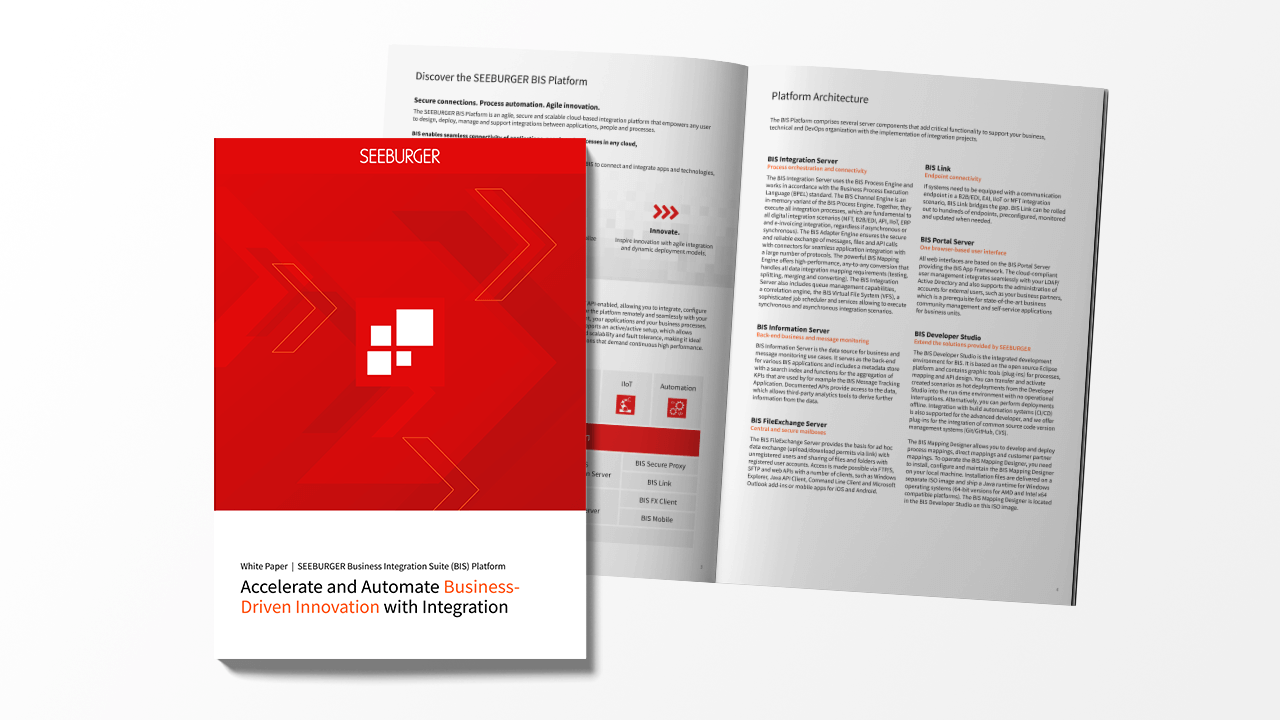
What is a VDA 4906 Message?
Find out how the EDI VDA 4906 message standard is reshaping processes in the automotive industry.
1. Executive summary
The VDA 4906 is also referenced as VDA invoice message and is used to exchange invoices between suppliers and customers.
VDA 4906 was a VDA (German Association of the Automotive Industry or in German “Verband der Automobilindustrie e. V.”) standard and an essential document for electronic invoicing processes in automotive and manufacturing. The new VDA 4938 message has replaced both the legacy VDA 4906 invoice message as well as the VDA 4908 credit note message.
The VDA 4938 format is built on EDIFACT (D.07A Version) and thus is a subset of the EDIFACT INVOIC intended for the automotive processes.
2. The use of the VDA 4906 message
When trading partners communicate via EDI VDA 4906 messages this enables them to automatically exchange invoicing information and to directly align the billings against the representative orders. Thus a VDA 4906 message consists of segments containing billing information for the exchanged materials/services and information about sender and recipient.
3. Processing of the VDA 4906 message as an invoice
A VDA 4906 invoice message is sent by the supplier to its respective customer. The receiving EDI system on customer side validates the message against VDA 4906 specifications and sends back a functional acknowledgement after successful reception. The functional acknowledgement confirms the reception, afterwards the VDA 4906 data is forwarded to the customer’s ERP system.
4. How is the VDA 4906 format called in other EDI message standards?
The VDA 4906 standard has been widely used in automotive industries and has comparable functions like an EDIFACT INVOIC or an ANSI X12 810 format for the same purpose.
The VDA 4906 message is the predecessor of the newer VDA 4938 message for invoices.
5. Move from VDA 4906 to the VDA 4938 Invoice message
When moving to the latest VDA standards like VDA 4938 for invoicing as part of serving JIT processes in a supply chain, you need a very reliable EDI operation. Using SEEBURGER you can get the new format and a very stable operation quickly:
- The SEEBURGER canonical mapping approach can quickly convert the documents to the new data format based on a new partner mapping from the SEEBURGER partner profile repository.
- Take your integration beyond EDI with API and MFT with your own speed. With SEEBURGER, you get the one hybrid integration platform from one source.
- The SEEBURGER BIS Platform can be flexibly deployed on-premises or as a SEEBURGER EDI Cloud Service or in a public cloud environment.










